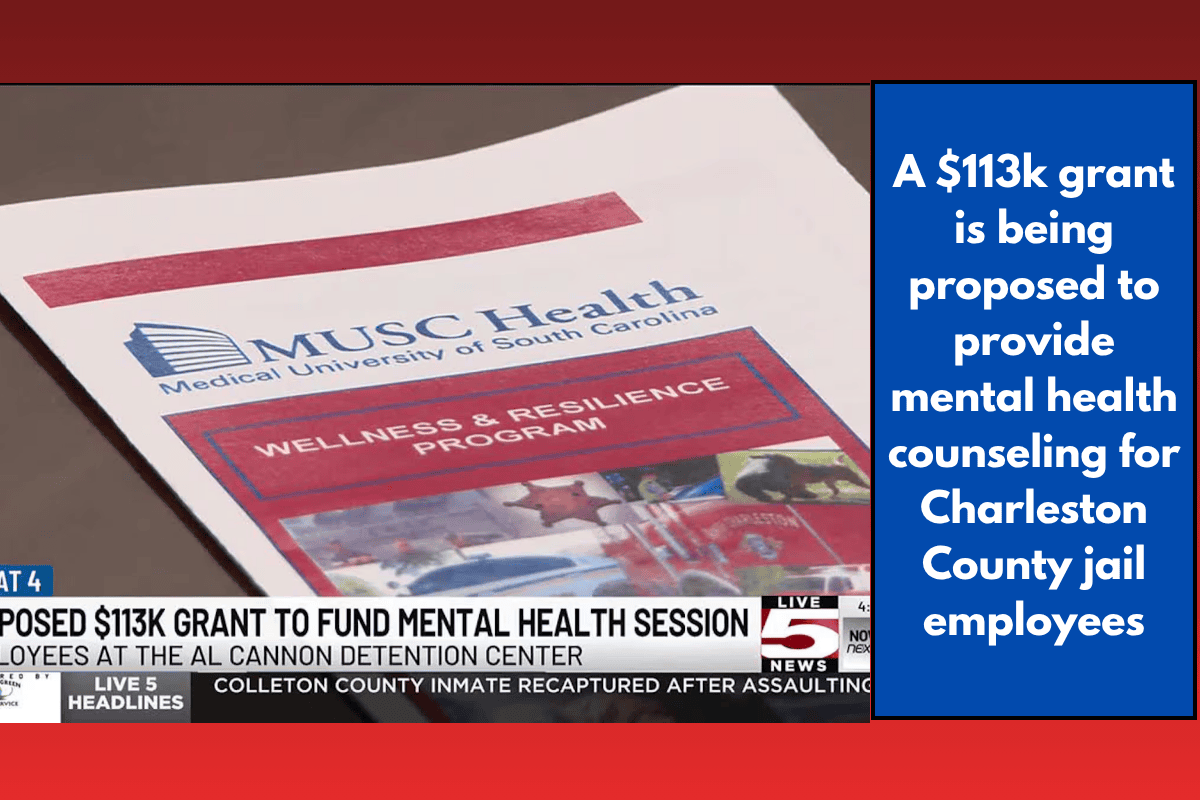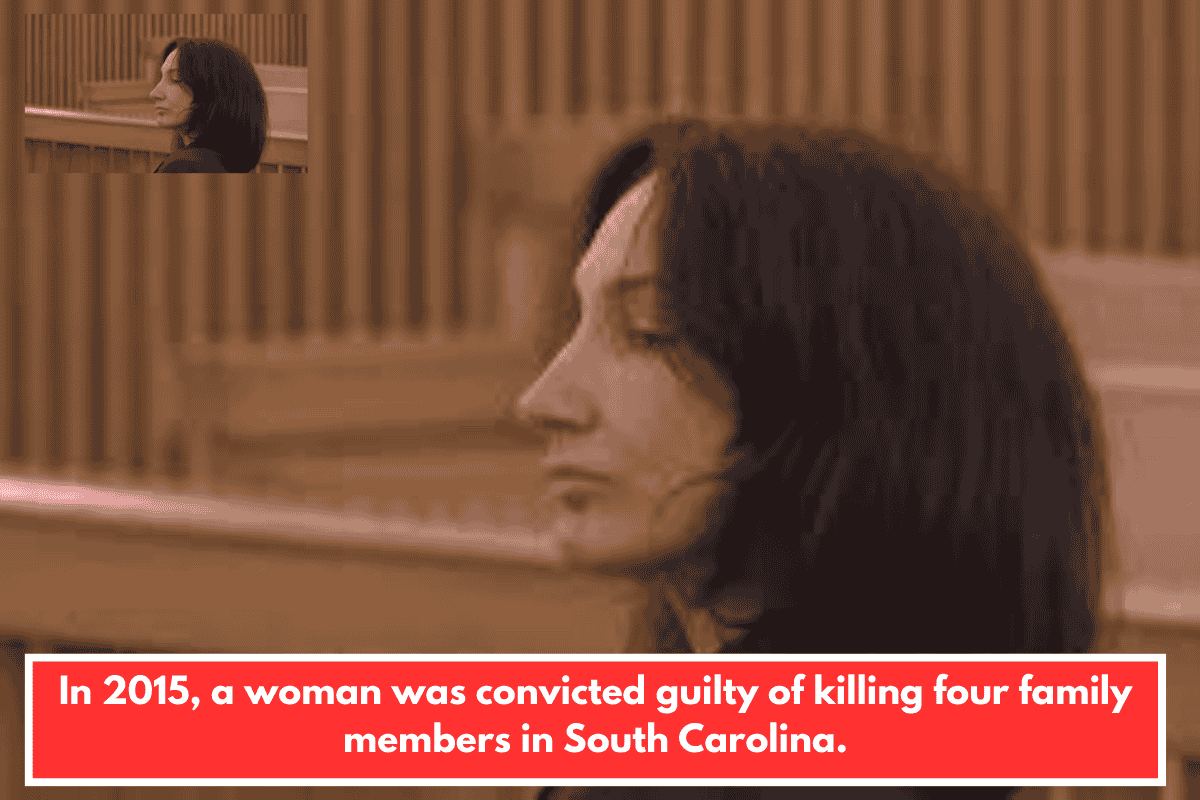The Charleston County Sheriff’s Office is prioritizing mental health for its employees, especially those working at the Al Cannon Detention Center. This comes as part of their ongoing efforts to ensure that their corrections officers are mentally equipped to handle the challenges of their roles.
Mental Health Support for All Employees
The Charleston County Finance Committee is reviewing a $113,100 grant to fund mandatory one-on-one mental health sessions for all employees at the Al Cannon Detention Center. These sessions would be provided by clinicians from the Medical University of South Carolina (MUSC), with both clinicians having experience in the military and law enforcement. This initiative is part of the sheriff’s office’s broader Personnel Wellness and Resilience Program, which has been in place for the past four years.
A Shift in Mental Health Perception
Wesley Fletcher, the employee services program coordinator at the sheriff’s office, highlighted the need to change how corrections officers view their own mental health. Traditionally, mental health has been stigmatized, with officers being encouraged to “suck it up” and continue working. Fletcher says this mentality has led to more issues, and the sheriff’s office is now seeking to change that mindset.
Grant Details and Staffing Issues
The grant would provide every employee with a mandatory mental health session once a year for two years. Fletcher emphasized the importance of mental health support, noting that the job is difficult and made even harder by staffing shortages. The Al Cannon Detention Center is currently short over 90 positions, but the grant would ensure that all employees are covered as if the facility were fully staffed.
Addressing a Tragic Loss
The push for increased mental health support came after a tragic incident within the department. The weekend before Fletcher took on his new role, a deputy died by suicide. This loss raised questions within the agency about what could have been missed in terms of mental health support. Dr. Diana Mullis, a medical director in MUSC’s Department of Psychiatry, stated that the law enforcement and corrections population faces a higher risk of suicide than the general public, making mental health support even more critical.
Creating a Safe Space for Employees
The mental health sessions would give staff the opportunity to discuss any trauma, stress, or personal issues they may be facing. Additionally, employees would have the option to seek more frequent sessions if desired. Dr. Mullis emphasized the significance of an employer investing in their employees’ well-being, as this initiative shows a commitment to not just the physical health but also the mental health of staff.
Next Steps for Approval
If the Charleston County Finance Committee approves the grant, it will need to go before the Charleston County Council for full approval. If approved, this program could mark a significant shift in how mental health is approached within the sheriff’s office, ultimately supporting the well-being of those who manage the county’s inmates.














